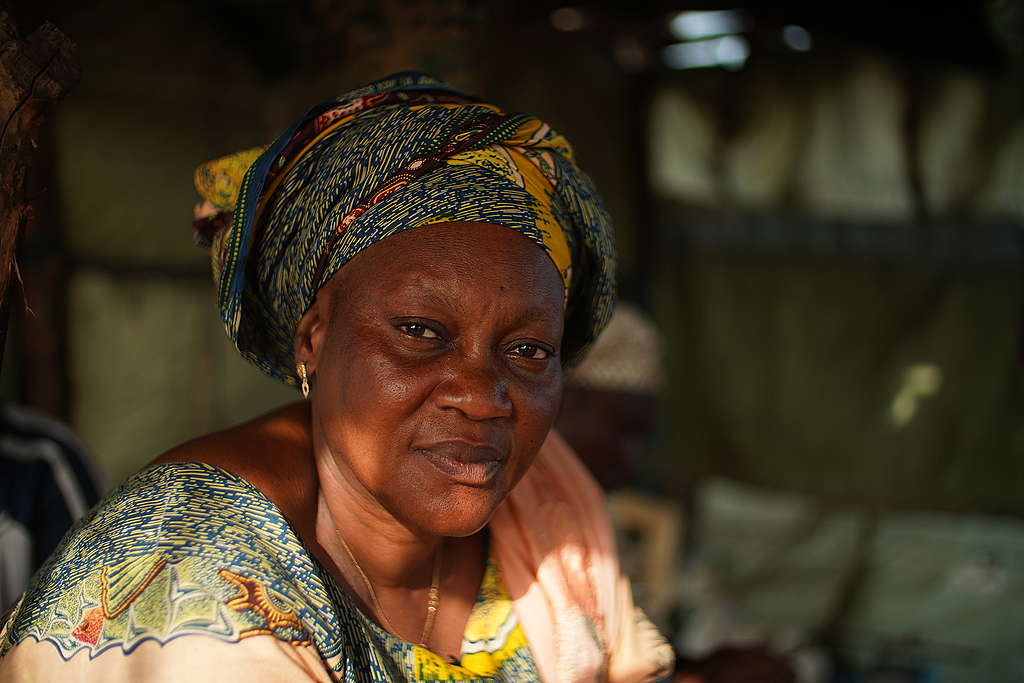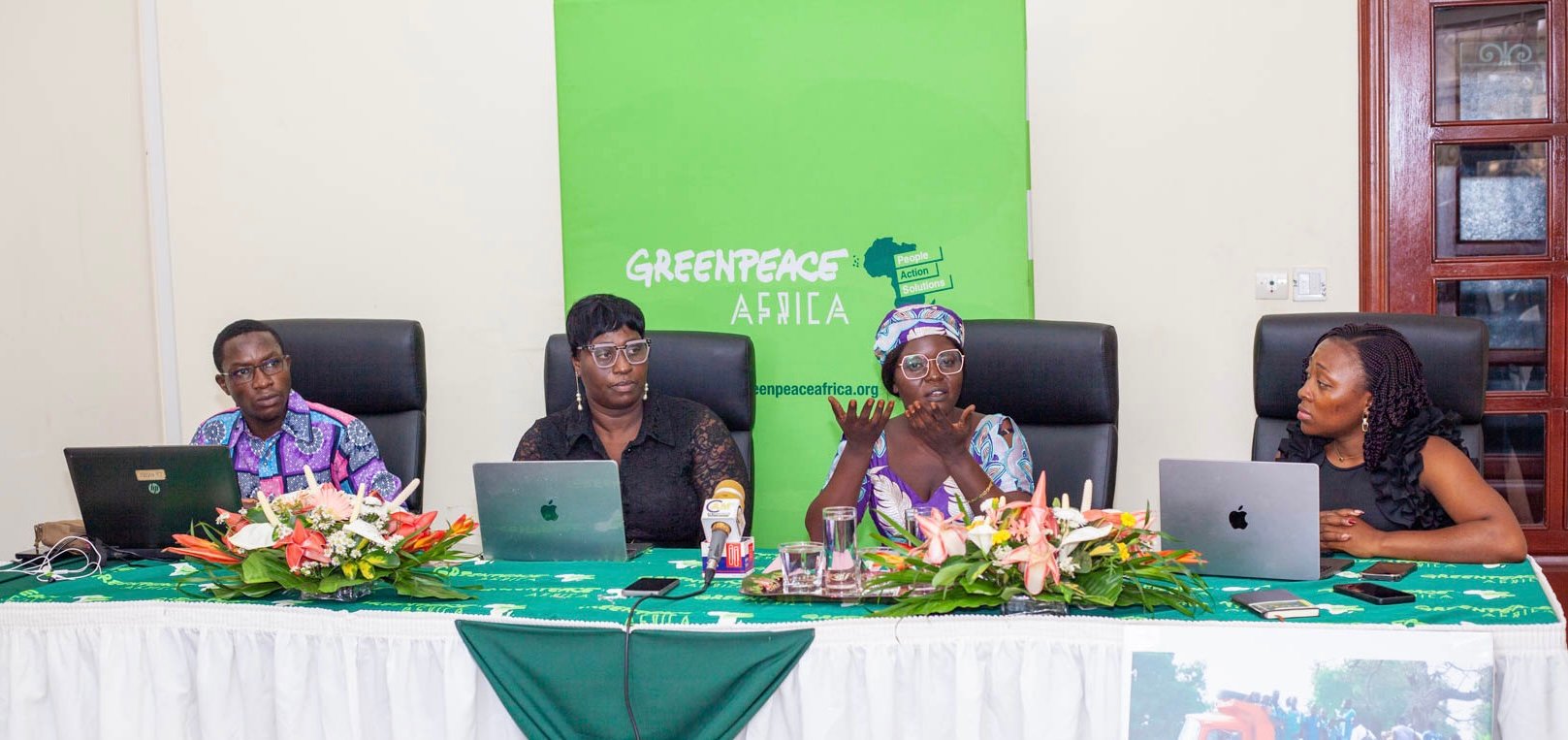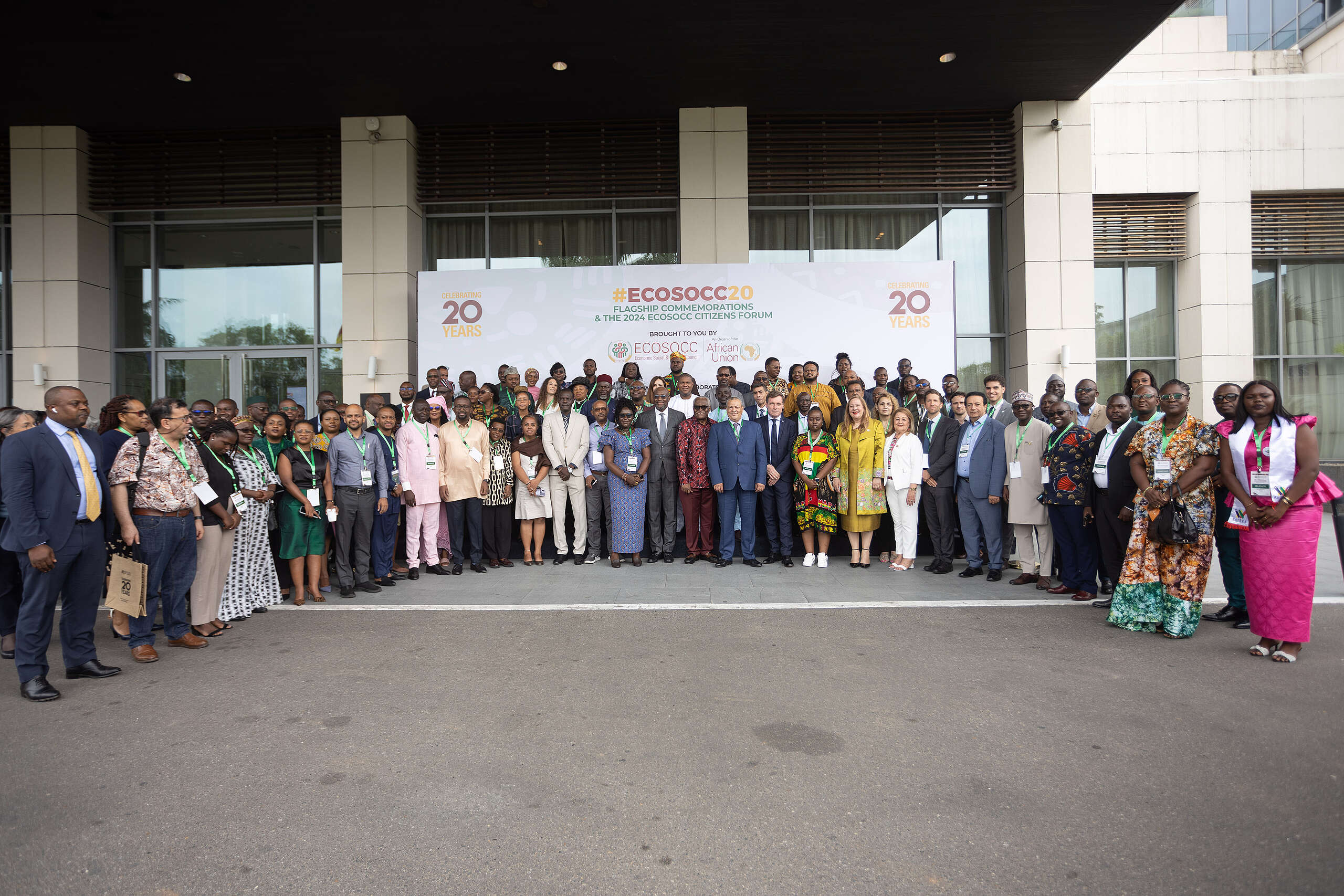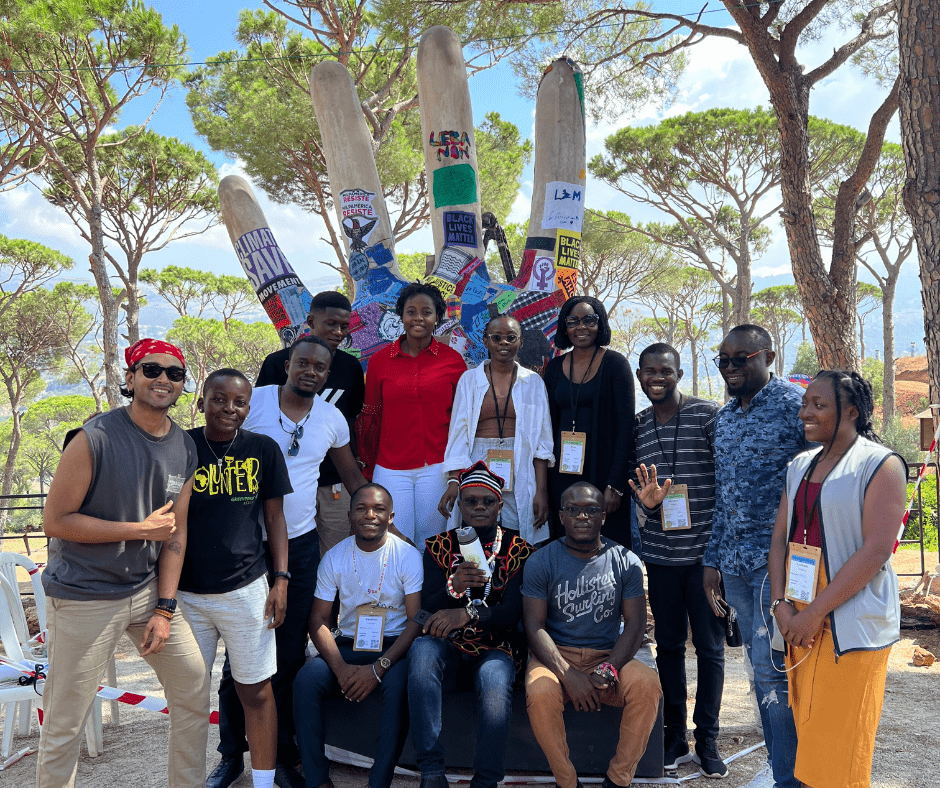“On International Women’s Day, we are calling on all women around the world to support our call to the president and government of Senegal. It is time to act responsibly and shut down fishmeal factories because these factories are causing illness everywhere in Joal and Mbour.”
“Almost all of our children are sick, that’s the reason why on this special day dedicated to us and all the women of the world, we pray for our wishes to come true.”
These are the words of Maimouna SABALY, a fish processor in the fishing town of Joal in Senegal. She is one of many brave women from fishing ports of West Africa fighting for access to food, jobs, and healthy seas, which are basic human rights.
In West African countries, people depend largely on fish as an important source of protein. In Senegal, for instance, the yearly average fish consumption per capita is 23.9 kg and it accounts for 70 % of people’s intake of animal protein. However, with the growing expansion of fishmeal and fish oil factories in the region, the fish are becoming even scarcer than before due to overfishing. Female fish processors are losing their jobs and livelihoods due to established unfair competition by the factories for the same fish that they normally acquire, process and turn into vital food for people all over the West African region.
This contradicts several UN Sustainable Development Goals on sustainable development, national regulations, poverty alleviation, food security, and gender equality. Thanks to the resistance from the local population towards this profit-driven and reckless industry which is growing bigger by the hour.
Maimouna Sabaly and the women processors of West Africa are standing up to a giant fishmeal and fish oil industry that is increasingly threatening the food security and livelihoods of up to 40 million people in the region.
Fatou SAMBA, the President of female fish processors from Khelcom processing site in Bargny, Senegal, explains why they are calling on others to join them in the fight against the fishmeal and fish oil industry in their communities.
“The government must force the fishmeal and fish oil factories not to buy the fresh fish that Senegalese people and West Africans rely on for animal protein, for processing into livestock feed.”
“Normally we as female fish processors would be able to buy our fish at 5000 CFA franc a case. Now we are competing with fish factories that have enough money to pay 8000 CFA franc a case. This means female fish processors have less access to the fish. This is a disaster for the population because we need fish, we need to work and so do all the others who are relying on the activities in the ports and processing sites. If the agreements on prices are not complied with, we may no longer have access to fish caught in our own seas.”
On this International Women’s Day placed under the sign of solidarity, it’s important to reiterate our support to the female fish processors and add our voices to those we can proudly consider among the pillars of African society. They are fighting for the preservation of their fish processing activity which they regard as a cultural heritage passed on from generation to generation. We are happy to see women being celebrated in every corner of the planet as they unite to not only push for sustainable resources management but also fight for access to food, jobs, and healthy seas, which are basic human rights.
More influential voices have joined as well on International Women’s day.
“We are seeing the effects of climate change and vulnerability of coastal communities to this phenomena, in addition to this we see scarcity of fishery resources. Women fish processors must be protected and their status recognized,” said Wore GANA SECK, Director of Green Senegal.
“Support the woman, the duty of all humans, the woman, our mother,” said Modou FALL a.k.a PLASTIC MAN, anti-plastic activist from Senegal, who decided to help amplify the voices of the female fish processors of West Africa on International Women’s Day.
Young climate activists have also come forward to Stand 4 Women on this day. One of them is Makenna Muigai, a climate activist from Kenya. She said:
“Many voices deserve to be heard this International Women’s Day. The West African women fish processors have been struggling to get their voices heard for better change. Let us amplify their voice to better the livelihoods, economy and marine ecosystem of West Africa.”
The other one is Yero Sarr, a climate activist from Senegal. He said:
“I am with all my heart standing with our brave female fish transformers from Senegal, who spare no effort to always improve and to feed us well.”
So many more are standing united today for the future of West Africa. We can all help. On behalf of all of them, I hope you will Stand 4 Women too.




